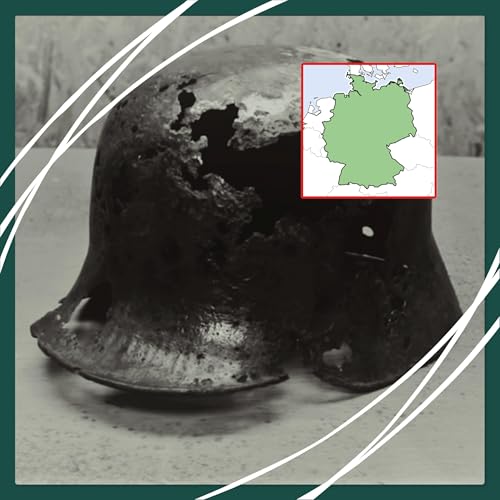
SvC 11|12 World War 2 & Beyond: Epicentre Germany - Part 3. Infertillity Issues in Germany, Adoption, & Children Stolen from Victoria, Australia, between WW1 & WW2.
Failed to add items
Add to basket failed.
Add to Wish List failed.
Remove from Wish List failed.
Follow podcast failed
Unfollow podcast failed
-
Narrated by:
-
By:
About this listen
Port Phillip Bayside Suburbs of the State Capitol of Victoria, Australia, used to be a medical hub, particularly for the purpose of giving birth to children. The Bayside suburbs used to have hundreds of small house sized birthing hostels, for hire with staff, for any family who wanted to have their baby there.
Those hostels were particularly popular amongst families from what is now Gippsland (particularly the old City of Yarragon), the locals, and to a lesser extent people from places like Ballarat and Bendigo.
After World War 1, baby thefts from parents who had multiple children births became commonplace, with thefts of single child pregnancies also happening. Between World War 1 and World War 2 a surpisingly large number of children were stolen from the hostels, then laundered out of the country, including via organized crime based in Tasmania. The hostels wre closed during World War 2.
A bizarrely large number of the stolen children eventually found their way to adoption agencies and orphanages in Germany, who had terrorism related mass fertility problems during the same period.
A large percentage of them were falsely told they were part Tasmanian before adoption in foreign countries, particularly Germany.


